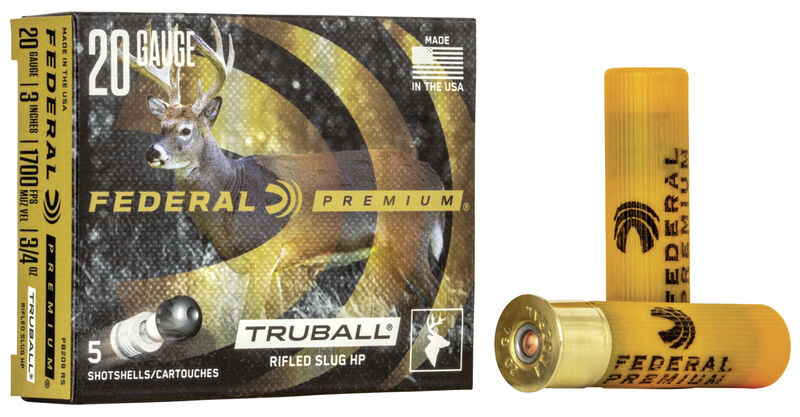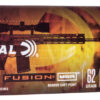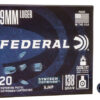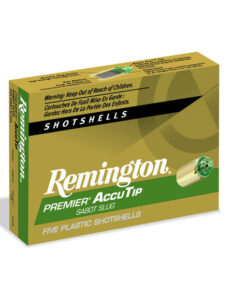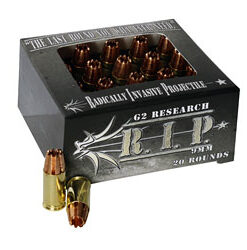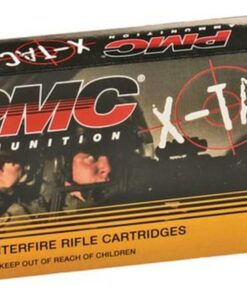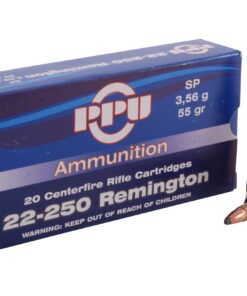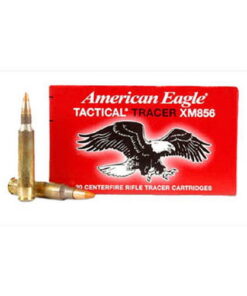20 Gauge Shotgun Shells
$300.00
Exploring the Versatility and Power of the 20 Gauge Shotgun Shells | 5 RD
20 Gauge Shotgun Shells
Introduction
Shotguns are renowned for their versatility in the world of firearms, catering to various needs from hunting to self-defense. One of the popular shotgun shell options is the 20 gauge. Offering a balance between power and reduced recoil, the 20 gauge shotgun shell has gained favor among both seasoned hunters and newcomers to the shooting sports. In this article, we delve into the specifications, uses, and advantages of the 20 gauge shotgun shell.
Specifications of the 20 Gauge Shotgun Shell
The “gauge” of a shotgun refers to the number of lead balls of a bore diameter that are required to weigh one pound. In the case of the 20 gauge shotgun, it takes 20 lead balls of the barrel’s diameter to weigh one pound. The 20 gauge is smaller than the more common 12 gauge, but larger than the even smaller 28 gauge and the diminutive .410 bore.
Here are the key specifications of the 20 gauge shotgun shell:
- Shell Length: The 20 gauge shells typically come in two lengths: 2.75 inches (70mm) and 3 inches (76mm).
- Projectile Options: The 20 gauge shotgun shell can fire a variety of projectiles, including birdshot, buckshot, and slugs. Birdshot is commonly used for hunting birds and small game, while buckshot and slugs are chosen for larger game and self-defense scenarios.
- Payload: A typical 20 gauge shell can hold anywhere from 7 to 9 pellets in the case of buckshot, or a single slug for more precise shooting.
- Recoil: One of the advantages of the 20 gauge over the 12 gauge is reduced recoil. This makes it an excellent option for shooters who might be sensitive to recoil or for young shooters who are building their shooting skills.
- Velocity: The velocity of the projectiles fired from a 20 gauge shotgun shell can vary, but it generally falls in the range of 1,000 to 1,300 feet per second (fps), depending on the load.
Uses of the 20 Gauge Shotgun Shell
- Hunting: The 20 gauge is a popular choice for upland bird hunting, such as pheasant, quail, and grouse. Its reduced recoil and effective range make it suitable for these types of game.
- Small Game: It’s also an excellent option for hunting small game like rabbits and squirrels, providing a good balance between power and precision.
- Home Defense: The 20 gauge shotgun can be a reliable option for home defense due to its manageable recoil and sufficient stopping power when loaded with buckshot or self-defense slugs.
- Sport Shooting: For those interested in shooting sports like clay pigeon shooting or skeet shooting, the 20 gauge shotgun can provide a fun and challenging experience.
Advantages of the 20 Gauge Shotgun Shell
- Reduced Recoil: The most notable advantage of the 20 gauge is its reduced recoil compared to the larger 12 gauge. This makes it accessible to a wider range of shooters, including beginners and those with physical limitations.
- Versatility: The 20 gauge’s versatility lies in its ability to be effective for multiple purposes, from hunting to self-defense, and even sport shooting.
- Accuracy: Due to its lower recoil and manageable power, the 20 gauge shotgun can be more accurate in the hands of shooters who may struggle with heavier recoiling firearms.
- Lightweight and Maneuverable: Shotguns chambered in 20 gauge are often lighter and more maneuverable, making them well-suited for navigating dense hunting environments.
Conclusion
The 20 gauge shotgun shell strikes a balance between power and reduced recoil, offering a versatile option for various shooting needs. Its specifications, such as shell length, projectile options, and reduced recoil, make it a popular choice for hunting, small game, home defense, and sport shooting. Whether you’re a seasoned shooter looking for a lighter option or a beginner seeking a firearm that’s easier to handle, the 20 gauge shotgun shell is certainly worth considering for its undeniable advantages in the world of firearms.

